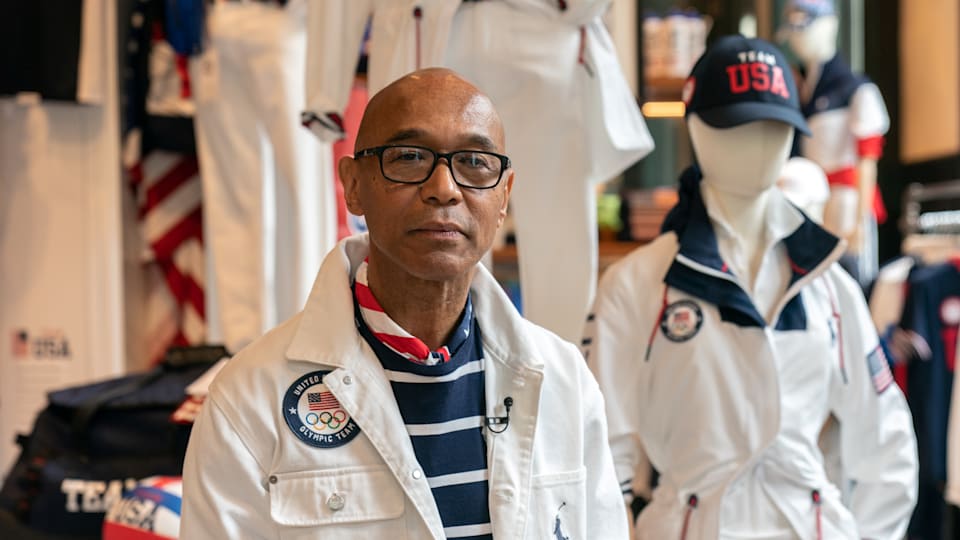Peter Westbrook, trailblazing Olympic fencing medallist, dies at 72
Westbrook made history as the first African-Asian American to win an Olympic medal in fencing at Los Angeles 1984 before establishing a foundation to inspire underprivileged youth.

Olympic fencing bronze medallist and six-time Olympian Peter Westbrook died on Friday (29 November) in New York City at age 72.
His death, which followed a two-year-long battle with cancer, was announced by the Peter Westbrook Foundation (PWF), the nonprofit fencing organisation that Westbrook founded in 1991.
“Peter was not only the leader of this organization; he was the consummate embodiment of dedication to athletic excellence, civic engagement, and youth mentorship,” PWF chairperson Robert Cottingham and Olympic teammate of Westbrook said in a statement.
“His inimitable spirit will be greatly missed by all of the athletes, families and staff of PWF. Peter’s unyielding dedication to cultivating scholar-athletes was demonstrative of his life’s purpose.”
Born on 16 April 1952, in Kansas City, Westbrook grew up in Newark, New Jersey where he was raised by his Japanese mother Mariko Wada-Westbrook.
Mariko, a descendant of Samurai and Noh performers, introduced her son to fencing at Essex Catholic High School, bribing him with $5 per session as a way of keeping him off the streets.
Westbrook didn’t just pocket money for his lessons; he discovered in them that he had a talent. He eventually earned a full fencing scholarship to New York University where he flourished under the coaches, winning an NCAA sabre title in 1973 before graduating with a B.S. degree in marketing in 1975.
Lily Woo (L) exchanges the flame to Peter Westbrook (R) at the World Trade Centre site during Day 15 of the Athens 2004 Olympic Torch Relay on June 19, 2004 in New York, New York, USA.
Peter Westbrook: Leaving a legacy
In 1976, Westbrook made his first of six Olympic teams but would only compete in five after missing Moscow 1980 due to the US boycott.
At Los Angeles 1984, he placed third in the men’s individual sabre competition to become the first African-Asian American to win an Olympic medal in fencing as well as the first Team USA athlete to win a fencing medal since 1960. He won the US National Individual Sabre Championship 13 times - a record that still stands today.
Before his fourth Olympic appearance at Barcelona 1992, Westbrook established his foundation in New York with the intention of using fencing to teach life skills, discipline and academic excellence to underprivileged youth.
“I viewed the venture as an opportunity to teach inner-city kids life skills,” Westbrook wrote in his 1998 memoir, Harnessing Anger: The Inner Discipline of Athletic Excellence.
“I wanted to teach them how to win and lose, deal with stress, control their emotions, and strive for excellence.”
More than 4,000 fencers, including 16 Olympians, were introduced to fencing through Westbrook’s foundation, with athletes on every US Olympic team from Sydney 2000 to most recently, at Paris 2024.
At the Games in France, Lauren Scruggs became PWF’s newest medallist after anchoring the US team to gold in foil. She also won silver in the individual foil event becoming the first Black American woman to win an individual Olympic medal in the sport, 40 years after Westbrook’s historic bronze.
